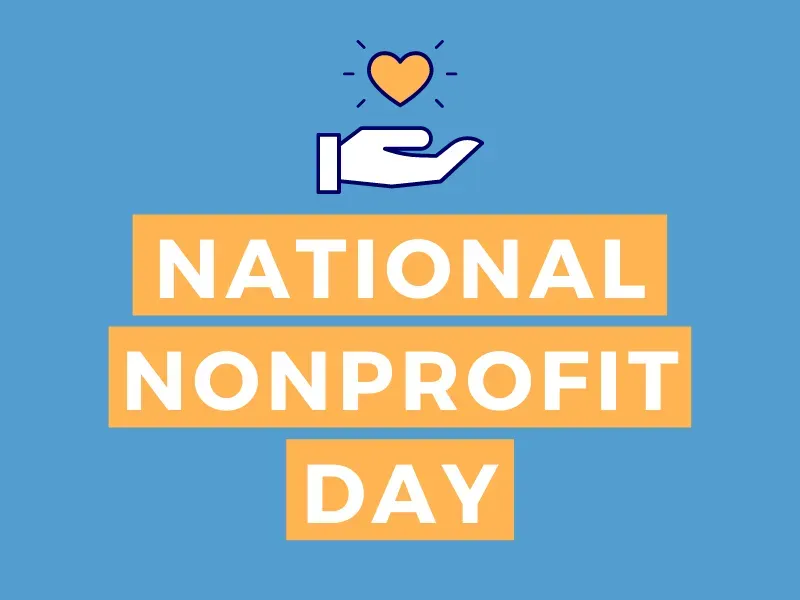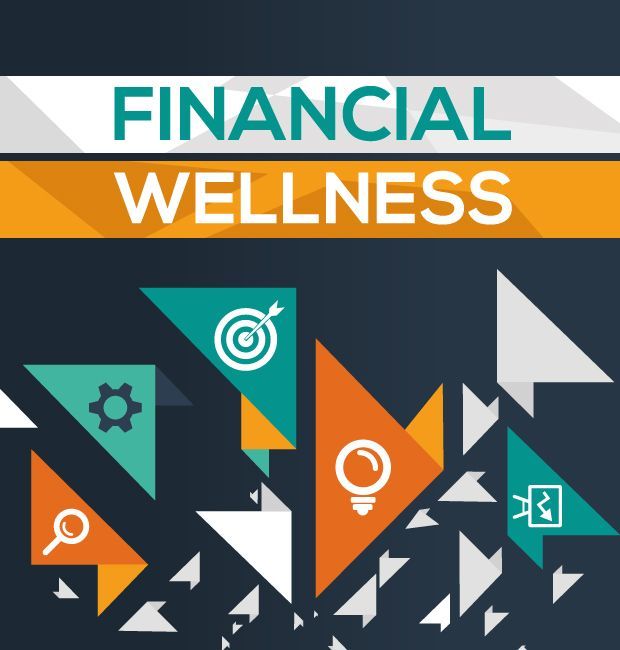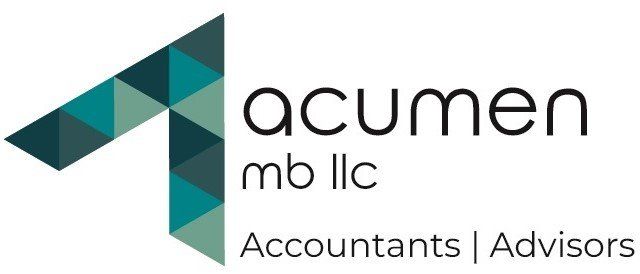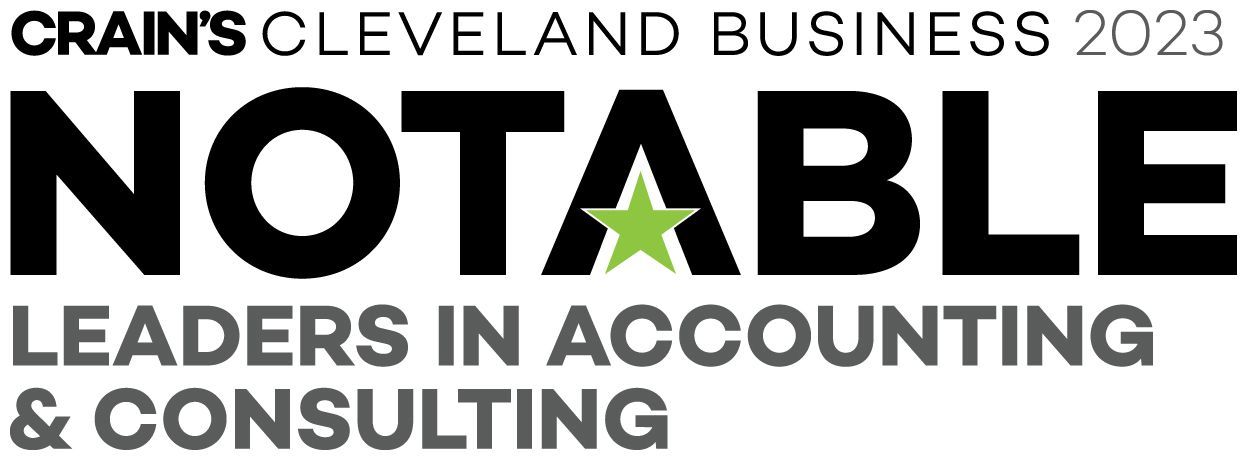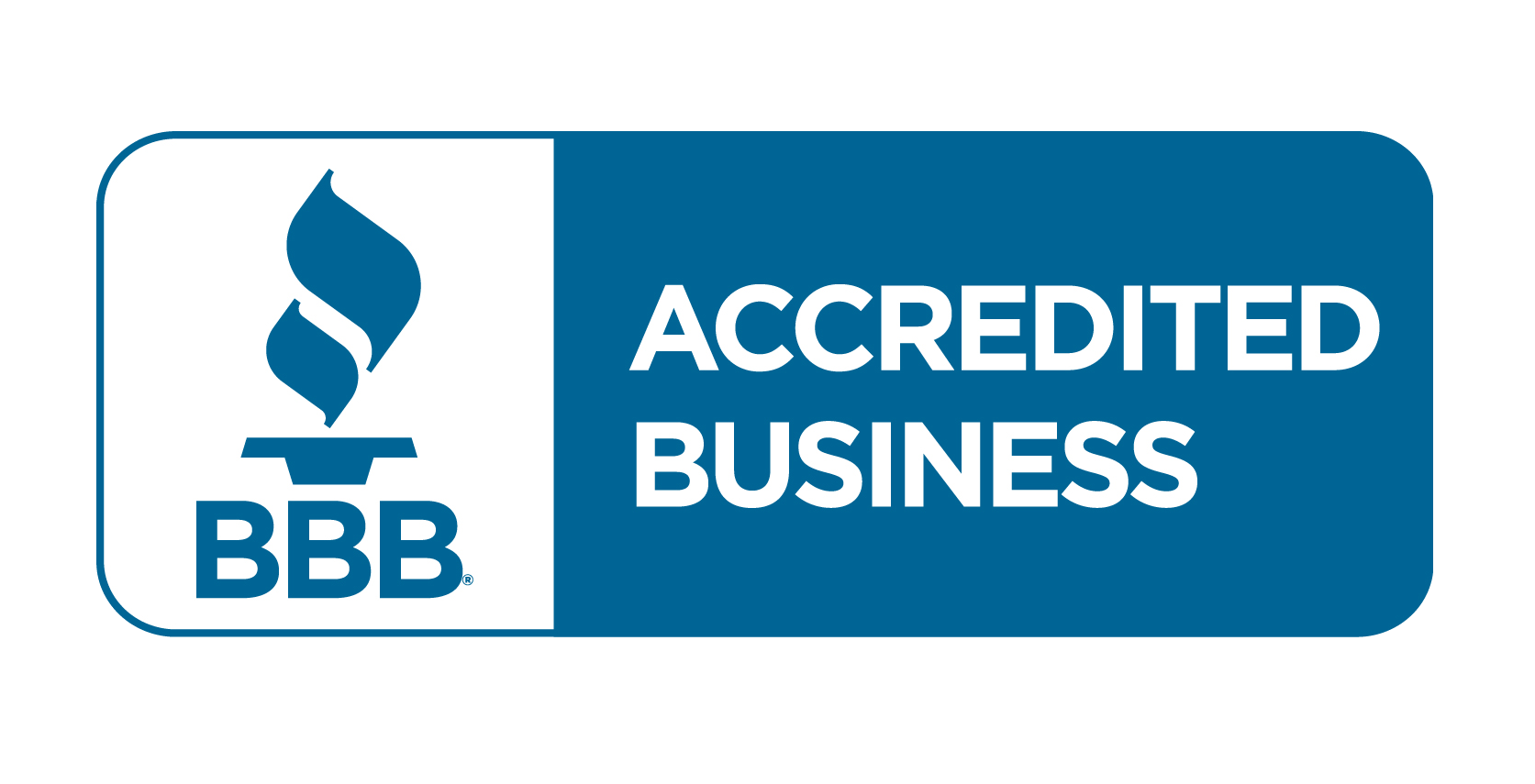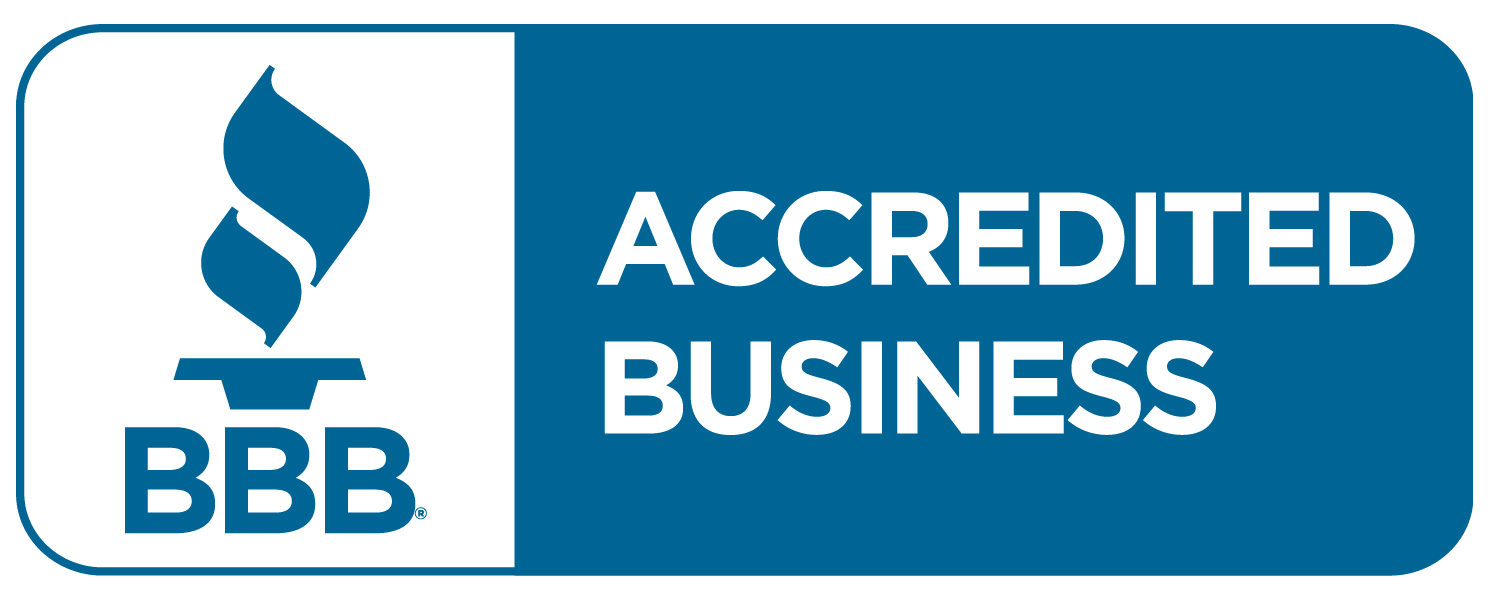2020 Last-Minute Year-End General Business Income Tax Deductions
Dear Client:
The purpose of this letter is to get the IRS to owe you money.
Of course, the IRS is not likely to cut you a check for this money (although in the right circumstances, that will happen), but you’ll realize the cash when you pay less in taxes.
Here are seven powerful business tax deduction strategies that you can easily understand and implement before the end of 2020.
1. Prepay Expenses Using the IRS Safe Harbor
You just have to thank the IRS for its tax-deduction safe harbors.
IRS regulations contain a safe-harbor rule that allows cash-basis taxpayers to prepay and deduct qualifying expenses up to 12 months in advance without challenge, adjustment, or change by the IRS.
Under this safe harbor, your 2020 prepayments cannot go into 2022. This makes sense, because you can prepay only 12 months of qualifying expenses under the safe-harbor rule.
For a cash-basis taxpayer, qualifying expenses include lease payments on business vehicles, rent payments on offices and machinery, and business and malpractice insurance premiums.
Example. You pay $3,000 a month in rent and would like a $36,000 deduction this year. So on Thursday, December 31, 2020, you mail a rent check for $36,000 to cover all of your 2021 rent. Your landlord does not receive the payment in the mail until Tuesday, January 5, 2021. Here are the results:
- You deduct $36,000 in 2020 (the year you paid the money).
- The landlord reports taxable income of $36,000 in 2021 (the year he received the money).
You get what you want—the deduction this year.
The landlord gets what he wants—next year’s entire rent in advance, eliminating any collection problems while keeping the rent taxable in the year he expects it to be taxable.
Don’t surprise your landlord: if he had received the $36,000 of rent paid in advance in 2020, he would have had to pay taxes on the rent money in tax year 2020.
2. Stop Billing Customers, Clients, and Patients
Here is one rock-solid, time-tested, easy strategy to reduce your taxable income for this year: stop billing your customers, clients, and patients until after December 31, 2020. (We assume here that you or your corporation is on a cash basis and operates on the calendar year.)
Customers, clients, patients, and insurance companies generally don’t pay until billed. Not billing customers and patients is a time-tested tax-planning strategy that business owners have used successfully for years.
Example. Jim Schafback, a dentist, usually bills his patients and the insurance companies at the end of each week; however, in December, he sends no bills. Instead, he gathers up those bills and mails them the first week of January. Presto! He just postponed paying taxes on his December 2020 income by moving that income to 2021.
3. Buy Office Equipment
With bonus depreciation now at 100 percent along with increased limits for Section 179 expensing, buy your equipment or machinery and place it in service before December 31, and get a deduction for 100 percent of the cost in 2020.
Qualifying bonus depreciation and Section 179 purchases include new and used personal property such as machinery, equipment, computers, desks, chairs, and other furniture (and certain qualifying vehicles).
4. Use Your Credit Cards
If you are a single-member LLC or sole proprietor filing Schedule C for your business, the day you charge a purchase to your business or personal credit card is the day you deduct the expense. Therefore, as a Schedule C taxpayer, you should consider using your credit card for last-minute purchases of office supplies and other business necessities.
If you operate your business as a corporation, and if the corporation has a credit card in the corporate name, the same rule applies: the date of charge is the date of deduction for the corporation.
But if you operate your business as a corporation and you are the personal owner of the credit card, the corporation must reimburse you if you want the corporation to realize the tax deduction, and that happens on the date of reimbursement. Thus, submit your expense report and have your corporation make its reimbursements to you before midnight on December 31.
5. Don’t Assume You Are Taking Too Many Deductions
If your business deductions exceed your business income, you have a tax loss for the year. With a few modifications to the loss, tax law calls this a “net operating loss,” or NOL.
If you are just starting your business, you could very possibly have an NOL. You could have a loss year even with an ongoing, successful business.
You used to be able to carry back your NOL two years and get immediate tax refunds from prior years; however, the Tax Cuts and Jobs Act (TCJA) eliminated this provision. Now, you can only carry your NOL forward, and it can only offset up to 80 percent of your taxable income in any one future year.
What does this all mean? You should never stop documenting your deductions, and you should always claim all your rightful deductions. We have spoken with far too many business owners, especially new owners, who don’t claim all their deductions when those deductions would produce a tax loss.
6. Thank COVID-19
Let’s be real: there’s little to be grateful for with COVID-19, with one of the several exceptions being the potential opportunities to turn NOLs into cash for your business.
Two NOL opportunities come from the Coronavirus Aid, Relief, and Economic Security (CARES) Act:
- The CARES Act allows NOLs arising in tax years beginning in 2018, 2019, and 2020 to be carried back five years for refunds against prior taxes.
- The CARES Act allows application of 100 percent of the NOL to the carryback years.
Before the CARES Act, you could not carry back your 2018, 2019, or 2020 losses, and your NOL could offset only up to 80 percent of taxable income before your Section 199A deduction.
7. Deal with Your Qualified Improvement Property (QIP)
In the CARES Act, Congress finally fixed the qualified improvement property (QIP) error that it made in the TCJA.
QIP is any improvement made by the taxpayer to the interior portion of a building that is non-residential real property (think office buildings, retail stores, and shopping centers) if you place the improvement in service after the date you place the building in service.
If you have such property on an already filed 2018 or 2019 return, it’s on that return as 39-year property. You now have to change it to 15-year property, eligible for both bonus depreciation and Section 179 expensing.
I trust that you found the seven ideas above worthwhile. If you would like to discuss any of them, please call me at the office at 216-859-7001.
Sincerely,
Jeffrey Beder



